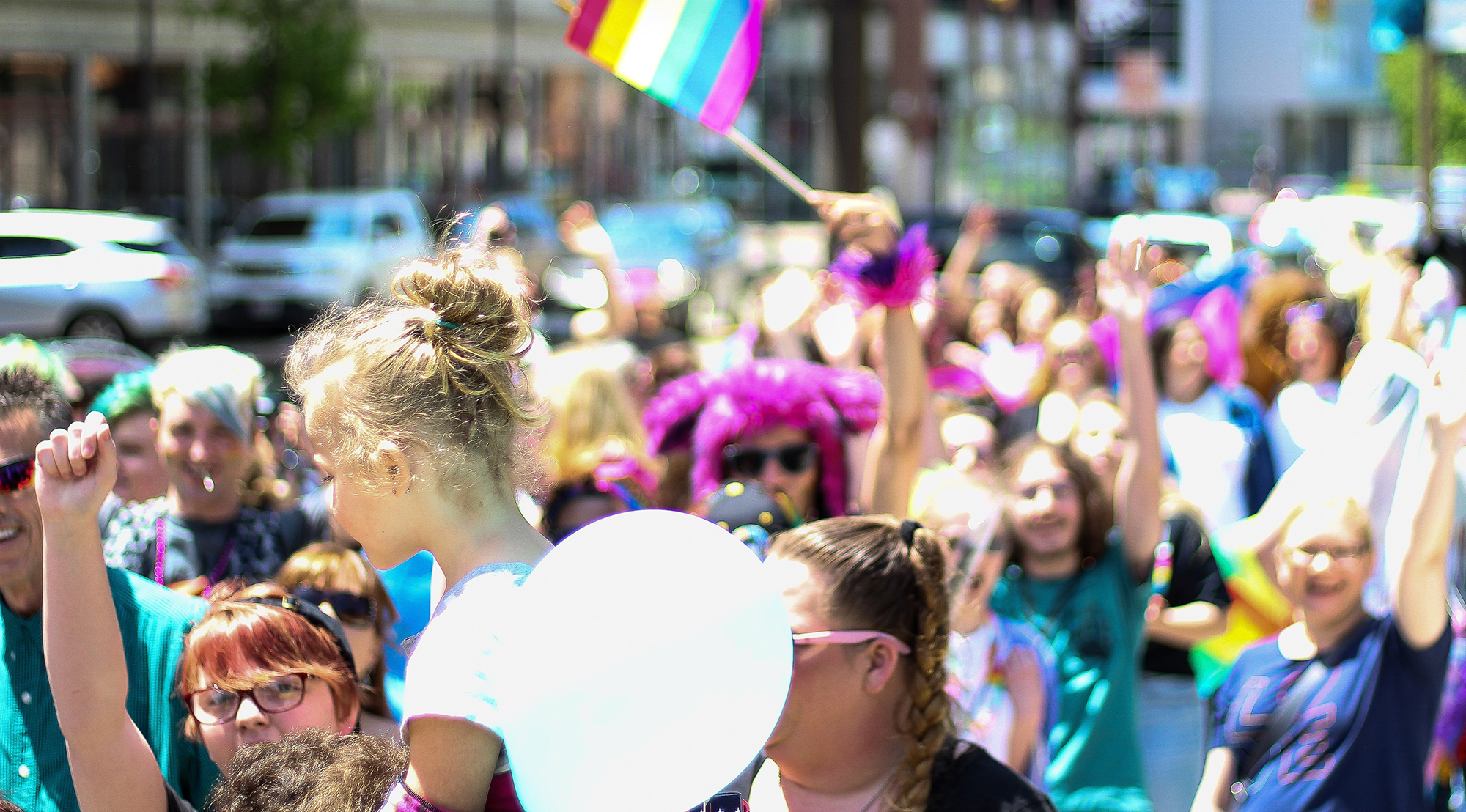One of the main goals of Resolution 1325 is to protect women and girls from sexual violence in conflict-ridden regions. It also provides a basis for prosecuting sexual violence in wars – which the International Criminal Court was able to utilize for the Yugoslav Wars, for example.
However, the focus on women and girls bothers certain researchers, such as Jamie Hagen, who focus on the experiences of LGBTQ people in wars. Using the terms “women” and “girls” excludes other people and constitutes a binary understanding of gender (separation into men and women). As mentioned at the start, the resolution has helped sexual gender-based violence such as rape be understood and outlawed as an instrument of war and a war crime. However, Jamie Hagen emphasizes in an article that LGBTQ people are victims of this sexual violence too. These people are specifically at risk of being subject to sexual violence in armed conflicts as they have already been forced onto the margins of society in periods of peace. Hagen is convinced that it is therefore important to examine who exactly can be victims of sexual violence in wars. As a response to this question, Hagen believes the answers provided by the resolution are too narrow. We need to take heed of the experiences of LGBTQ people and recognize that they are also vulnerable to sexual gender-based violence. This is something that UN organizations and NGOs have largely neglected to do so far. Up until now, there has only been one report that documents sexual violence towards LGBTQ people in a war-torn environment. This was published in 2014 and describes incidents in Iraq, involving rapes of men on the basis that they were not “manly” enough, for example. Hagen is therefore calling for a broadening of the term “victim”. In UN documents building on Resolution 1325, the terms “women” and “gender” have been used almost interchangeably until now. Hagen is thus suggesting that the term “gender” be defined in all-inclusive and exact terms, allowing LGBTQ people to be included in Resolution 1325. They should also be given a higher level of priority in practice so that the safety concerns of all people are respected.
Conversely, it could be argued that cases of sexual violence against LGBTQ people are very hard to record as there are too few of them and the victims do not talk about them out of fear. First of all, however, this claim cannot be substantiated because hardly any attention has been paid to these cases as yet and, second of all, assistance should not just be given to those in the majority.
It is therefore high time to define the term “gender” in exact terms in Resolution 1325 and its related documents, and to make sure that it includes everyone. This can ensure that all suffering is recognized and all victims are included in peace processes.


